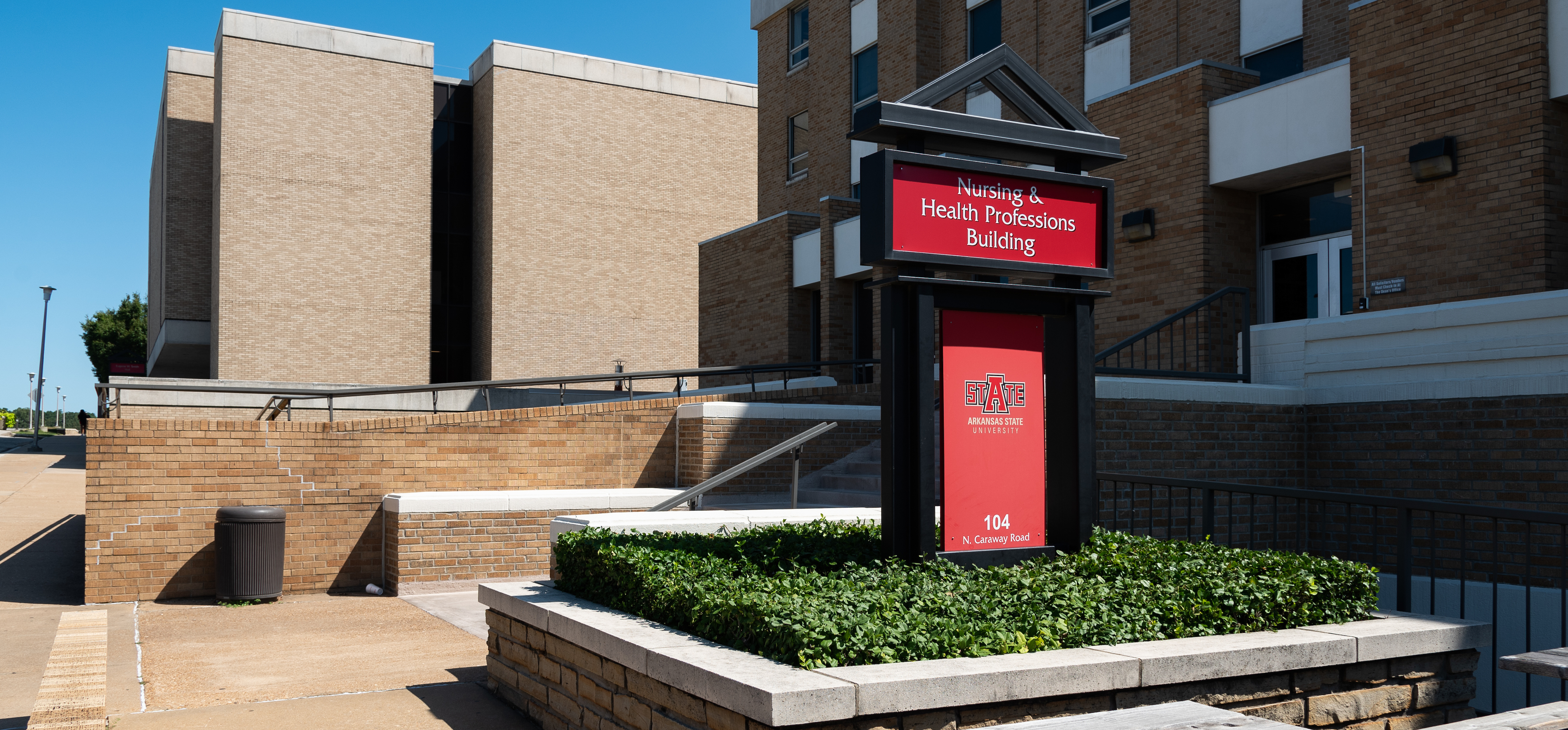Degree Name
Nursing Practice, DNP
Publication Date
6-24-2025
First Advisor
Lisa Drake
Second Advisor
Kristie Givens
Abstract
Accurate blood pressure measurement (BPM) is crucial for the proper diagnosis and management of hypertension. However, BPM errors are common and may lead to under- or overtreatment, negatively impacting patients. The purpose of this quality improvement (QI) project was to retrain nursing faculty on BPM practices based on the 2017 American College of Cardiology/American Heart Association (ACC/AHA) clinical guidelines. A quasi-experimental pre-/post-intervention design was used. The intervention consisted of an online specialized training video developed by the Idaho Diabetes, Heart Disease, and Stroke Prevention Program. Nursing faculty’s BPM knowledge and self-efficacy were measured before and after the training using the BPM knowledge quiz and the Evidence-Based Practice Self-Efficacy (EBPSE) scale. Results showed an increase in BPM knowledge following the educational intervention. The mean BPM knowledge score increased from 4.82 (SD = 1.25) pre-intervention to 6.18 (SD = 1.58) post-intervention. A two-tailed paired sample t-test showed this difference was statistically significant, t (12) = -3.51, p = .004. EBPSE scores also improved significantly, V = 6.00, z = -2.19, p = .028, with the median post-intervention score (Mdn = 99.20) higher than pre-intervention (Mdn = 98.56). These findings highlight the significance of BPM retraining in enhancing faculty knowledge and self-efficacy, which are essential for implementing evidence-based BPM practices and improving hypertension care outcomes.
Rights Management

This work is licensed under a Creative Commons Attribution-NonCommercial 4.0 International License
Recommended Citation
Sadaka, Heba, "Quality Improvement Project Evaluating the Impact of Specialized Blood Pressure Measurement (BPM) Training on Nursing Faculty's Knowledge and Self-Efficacy in Teaching BPM" (2025). Doctor of Nursing Practice Projects. 185.
https://arch.astate.edu/dnp-projects/185


